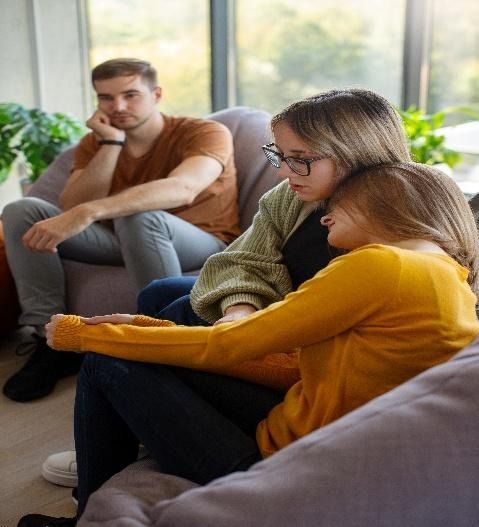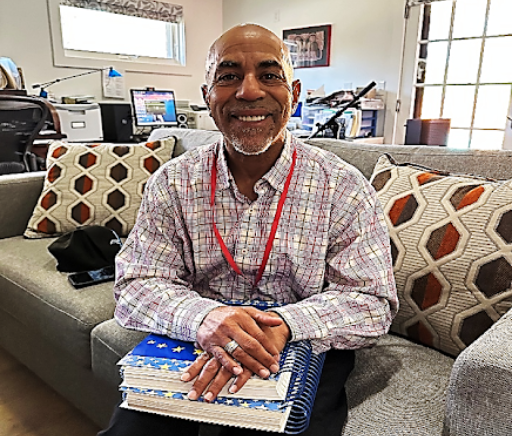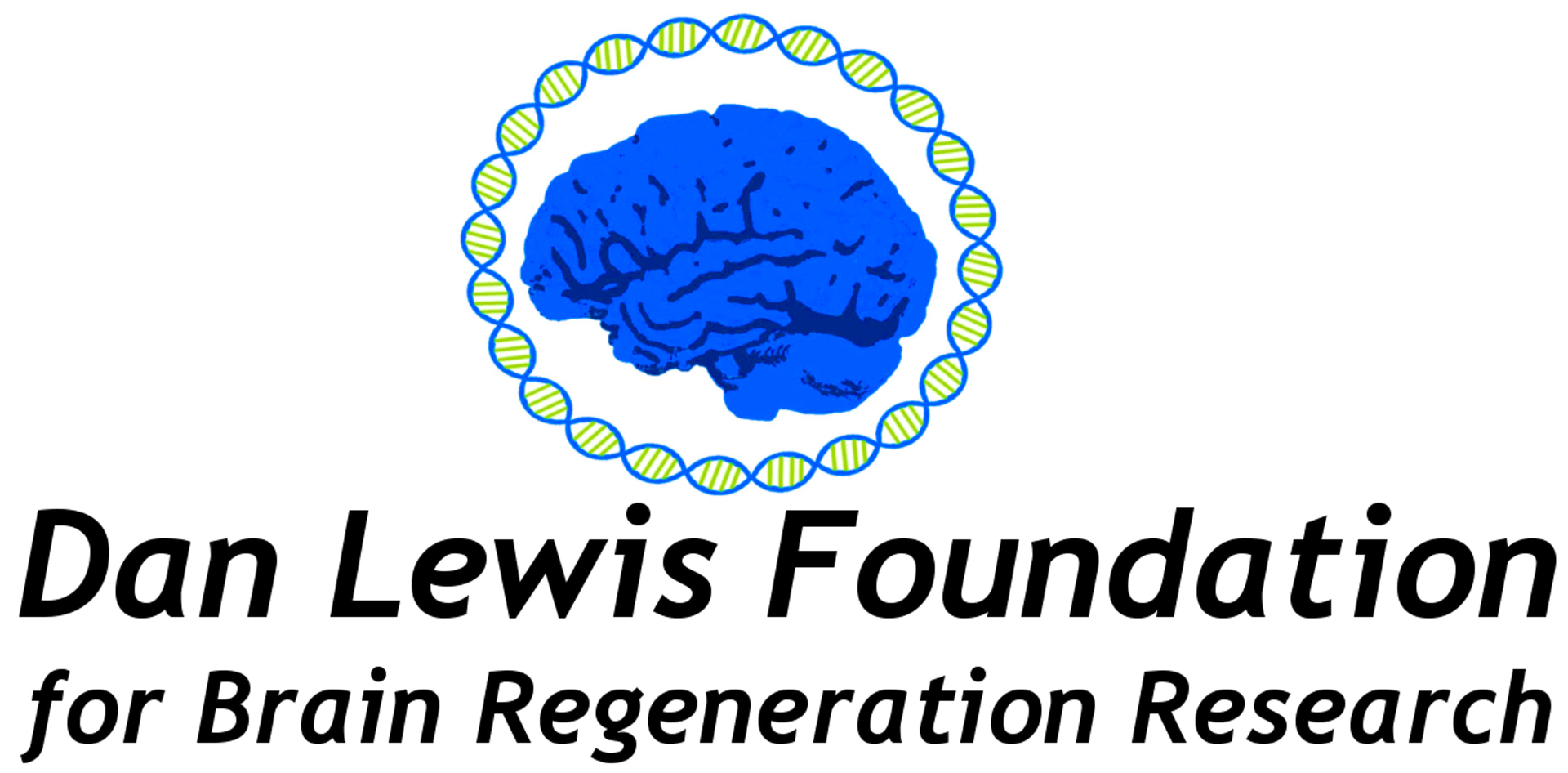11:00-4:00 EST
A meeting of the Dan Lewis Foundation for Brain Regeneration Research was held via Zoom Conference on Thursday, June 11th, 2020 from 11:00 a.m. to 4:00 p.m. EST. The primary purposes of this meeting were to promote collaboration between leading scientists in the area of cortical regeneration and to begin planning a research agenda to accomplish the mission of the Foundation. That mission—to identify new biomedical approaches that promote neural regeneration, axonal growth, and synaptogenesis to improve the lives of persons with moderate and severe traumatic brain injuries and their families—was affirmed by group consensus.
Invited scientists attending as presenters and/or discussants were David Margulies, M.D. Sudhir Agrawal, Ph.D., Mark Bear, Ph.D., Randall Carpenter, M.D., Adam Cohen, Ph.D., Graham Dempsey, Ph.D., Kevin Eggan, Ph.D., David Gerber, Ph.D., Alan Kopin, M.D., and Stephen Strittmatter, M.D., Ph.D. David Margulies ably moderated this meeting, kept the agenda flowing, and allowed ample room for discussion after each of the thought- provoking presentations which are very briefly described below.
Hal Lewis gave an overview of the causes, the biomechanical and the biochemical effects of brain injury, particularly moderate and severe brain injury. Hal also provided a synopsis of his son Dan’s story (which can also be accessed elsewhere on our site).
Mark Bear spoke about regulation of cortical synaptogenesis particularly in the visual cortex of infra-human study subjects.
Stephen Strittmatter’s presentation explored molecular restraints on axon plasticity and neural repair; and explained some of his lab’s findings regarding promotion of axonal growth and sprouting in the spinal cords of infra-human study subjects.
Kevin Eggan gave an overview of progress in induced pluripotent stem cells and the promise of CNS neuronal cultures. He also spoke about the plausibility of creating useful models for the study of TBI and response to potential pharmaceutical treatment of TBI.
Adam Cohen spoke about cutting-edge technologies in the biosciences with particular attention to optogenetic tools that provide new abilities to study cortex and cortical neurons.
Sudhir Agrawal presented an overview of strategies for using anti-sense oligoneucleotide (ASO) therapies targeted to the central nervous system. He also talked about how research labs and biomedical companies can and have worked efficiently together to develop curative pharmaceuticals for many neurological disorders, particularly those for which specific genetic targets can be identified.
Alan Kopin provided a case study that illustrated how genomic analysis can lead to “down regulation” of a specific gene that is implicated in the neurodevelopmental disorder of a 9 year old boy.
Following this set of presentations, group discussion focused on envisioning and planning a research agenda to find therapeutics to improve outcomes for individuals in the chronic phase of post-TBI recovery. It was generally agreed that a plausible research-based path forward could be formulated. This was a very exciting and forward looking meeting—a meeting in which the collaborative and enthusiastic atmosphere lent promise to reaching the Foundations desired outcomes. We want to express our deep gratitude to each of these renowned and highly respected scientists who contributed to the success of this meeting. A second meeting of the Scientific Advisory Board of the Foundation, with additional invited participants, will be held during late July or the first part of August.


